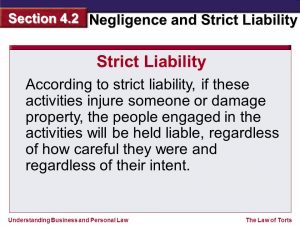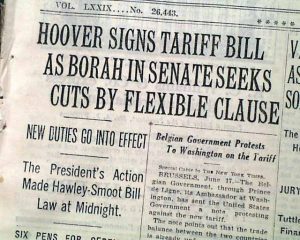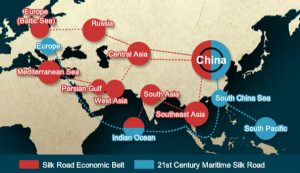
******* UPDATE *****
Edgewell dropped their attempt to purchase Harry’s. Congratulations big government lovers, the FTC has saved us.
**** END ******
The Federal Trade Commission is attempting to save cheap razor blades by preventing Edgewell Personal Care from purchasing Harry’s. Harry’s sells such blades along with other products. The government apparently considers Harry’s an industry disrupter and feels the need to step in and prevent the sale, which the owner of Harry’s deems necessary because the company is not profitable.
Yay, the government has come to save my cheap razor blades. The original low-priced razor companies; Dollar Shave Club and Walker and Company, were already purchased by larger razor manufacturers leaving only Harry’s to compete against the giants.
Let’s examine what’s really happening here. Why is Harry’s not profitable to begin with? Maybe because they sell razors so cheaply? It’s entirely possible Harry’s and the other sellers planned, from the very beginning, to sell out to the big names in industry. The principals knew their companies weren’t going to be profitable but wanted the bonanza at the end of the tunnel. If that is the case, then the FTC is preventing them from achieving this goal. It is undeniably true the owners of Harry’s want to sell and they are being prevented from doing so by the government.
The broader question, from a Libertarian perspective, does preventing the sale of Harry’s leave consumers better off? Does the government have a role to play thanks to the Anti-Trust laws established in the Constitution of the United States?
The answer is not easy to deduce. It is absolutely true that Harry’s is an industry disrupter because they sell cheap razor blades significantly below the price of the established companies. However, if their goal was to sell out in the long run, this action by the FTC actually prevents other start-ups from doing the same thing. If they can’t sell their companies and they know their business model is unsustainable, they will not bother starting up in the first place. If, on the other hand, they could make a profit selling the cheap razor blades, they would stay in business without being absorbed by a larger company.
Now, it is possible they are just poorly run businesses and blades at that price could be sold for a profit but the evidence we’ve seen so far doesn’t indicate as much. Therefore, it seems to me, the government shouldn’t be propping up companies that sell products at prices that are unsustainable simply because such is good for consumers.
This is, in essence, socialism. It’s almost as if the government themselves are selling us cheap razor blades which they purchase with our tax dollars. If I didn’t know better, I’d guess the government will eventually bail out Harry’s so they can keep selling us cheap razor blades, but, nah, that could never happen.
Tom Liberman


















